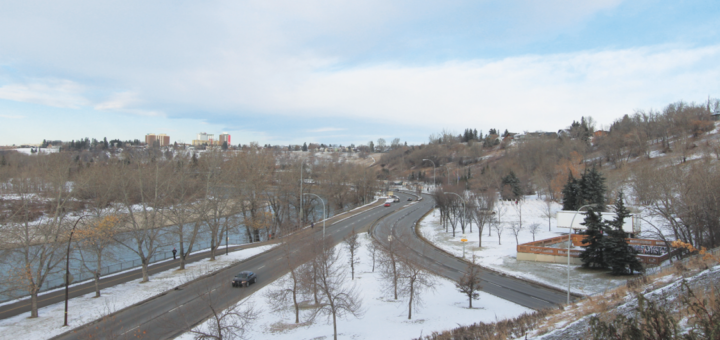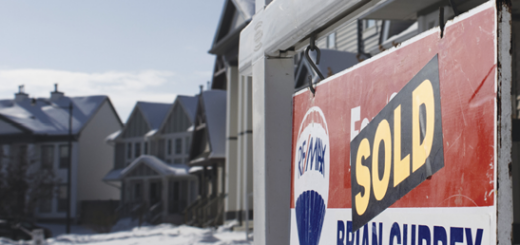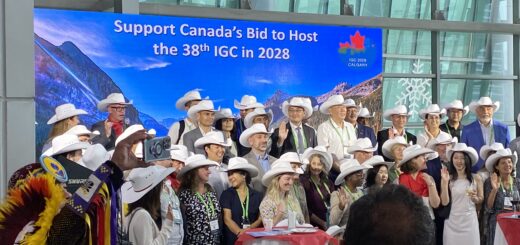Consequences of a dry winter

By Matthew Hillier, Staff Writer
Calgary’s weather conditions aren’t just annoying anymore, they may be potentially dangerous for farmers, ranchers, and average citizens. Alberta is seeing dryer and dryer winters, and that doesn’t just mean your skin is going to need extra time, love, and care.
Shweta Chugh has been a teacher of Natural Sciences and Environmental Studies at Mount Royal University (MRU) for over 10 years.
“It’s been unusually dry and warm. You can say it’s a combination of many factors. First one being an El Niño in the Pacific Ocean that we are seeing, which considerably brings warmer weather in Northern America,” she said. “So this is the time when we have those jet streams going in. So, we will see warmer weather compared to the other years and warm westerlies blowing in and raising the temperature higher.”
You can tell it is a dry winter when you don’t see much—or any—fog, smog, or strong cold winds. An absence of these things may make winters easier but they can have harsh consequences for the province come spring.
A lack of melting snow flowing into rivers means that farmers and fish that are dependent on these sources, may not have the proper amount in the water table.
According to CTV, precipitation was well below average with just three millilitres recorded, which is 85 per cent less than average.
Chugh said water levels will be significantly impacted by a dry winter.
“Most of the rivers are dependent on the snowpack, so whatever snow we accumulate during the winter the more precipitation we get on the ground,” she said. “It’s good for us in spring because that’s when the runoff begins and then it is followed by rain and that’s good for the farmers to carry on with their agriculture, then they do not have to run deep into groundwater sources.”
“But if this warmer trend continues this will lead to an early peak of the spring runoff. Dry winters also bring increased risk of forest fires as much of the precipitation that would end up in water cycle from snow is lost increasing the risk of forest fires starting, and when they do start they are more likely to not be put out by the natural rain cycle.”
These problems are worsened by the usual suspects, those being climate change, rapid industrialization, and a lack of resources being devoted to fixing these problems.
In addition Calgary is also seeing a low Elbow and Bow River level this year which is leading to water restrictions. These restrictions are in place to maintain water levels in the Glenbow reservoir, which is still recovering from the dry winters of the previous years.
According to CBC this problem has been compounding since the early ‘70s with the snowpack now around half of what it was in the 1960s and 1970s.
Alberta is in for more dryer winters, that much is sure. With that we can expect more challenges surrounding agriculture and an increased risk for forest fires, which have already proved trouble for the province.





